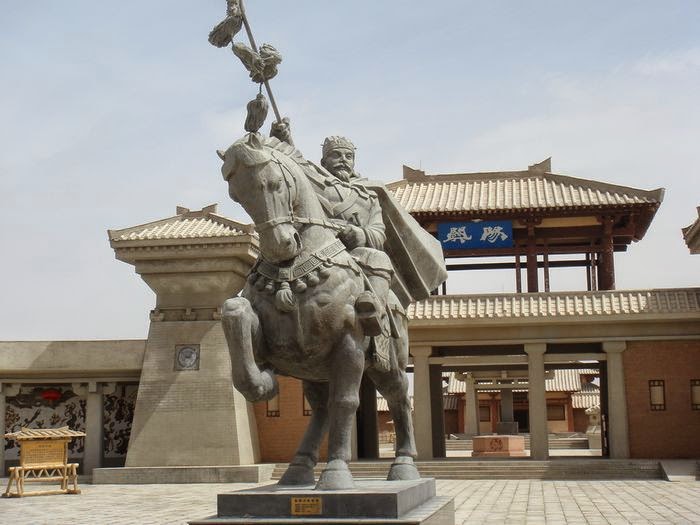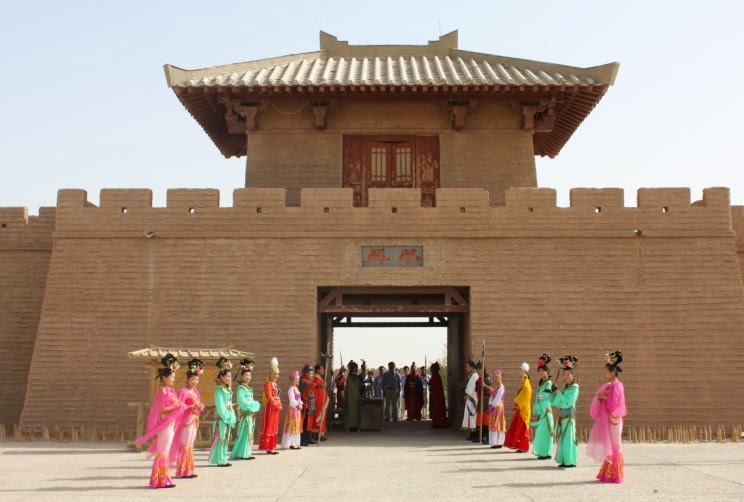 Yangguan, or
Yangguan, or
Yangguan is one of
China Yumenguan Pass Yumenguan Pass ,
it was an important site on the Silk Road .
Many Chinese get
to know this important pass mainly from the poem Farewell to Yuaner to
Take Office in Anxi, written by Wang Wei, a famous poet in Tang Dynasty. From
the last two lines "Oh, my friend, I sincerely entreat you to have another
cup of wine; you will see no more friends west out of the Yangguan Pass.",
we can see the Yanguan
Pass Silk
Road , it was generally forgotten by people.
For years and
years, the flowing dunes have eroded this pass into a broken beacon tower,
standing alone in the boundless desert. It measures 15.4 feet high and 8.7
yards wide. Around the relic, you cannot even see the dismantled walls, because
they were all eroded by the wind and buried under earth. South to the pass,
there is a "Curio
Beach
Today's Yangguan Pass
For more
information, please visit www.top-chinatour.com



No comments:
Post a Comment